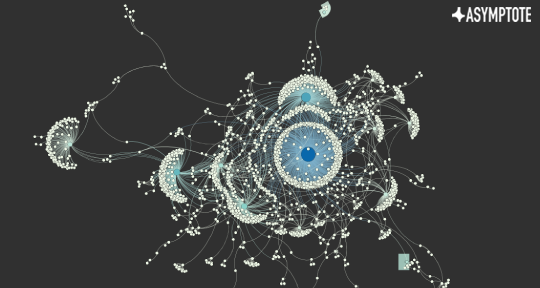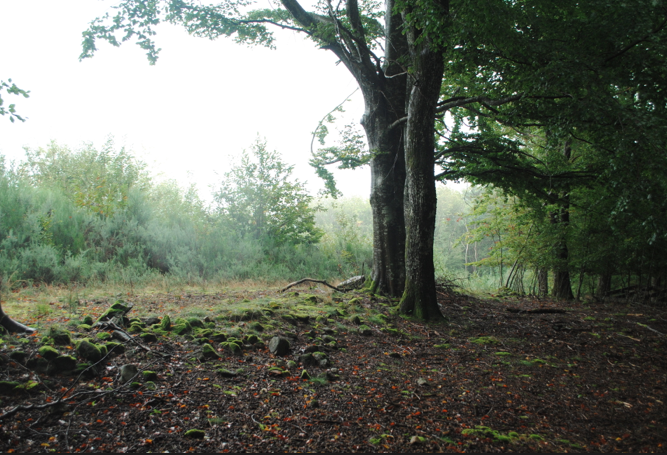Today, as a sequel to this previous post, we are continuing to feature reflections on the computationally assembled poetry anthology “US” Poets Foreign Poets (ed. MARGENTO, frACTalia 2018) from some of the most outstanding contributors to the collection.
“US” Poets Foreign Poets was launched in 2018 at the Electronic Literature Organization Conference and at Bookfest by the collective editor MARGENTO, featuring a line-up of Chris Tănăsescu, Diana Inkpen, Raluca Tănăsescu, Vaibhav Kesarwani, and Marius Surleac. The book won accolades from major theorists and practitioners in the genre such as Christopher Funkhouser, Maria Mencia, and David Jhave Johnston. It features both digital and page-based poets, represents and analyzes the resulting corpus as network graphs, and also includes an algorithm that expands the initial corpus by identifying poems that would “fit in,” that is, display certain stylistic features tracked down by computational analysis.
Regarding the previously mentioned way in which the anthology analyzes and expands its own contents, digital poet and critic Christopher Funkhouser has commented that, “I have never, in three decades of study, seen a literary anthology so determined to generate something out of itself, something beyond a 1:1 conversion, and then successfully do so. What an interesting idea, to both transcreate and more literally translate the contents of a collection of writing. Algorithmic, linguistic, and graphical expansion here grabs and holds onto my attention every time I delve into the book.”
In today’s feature, we choose to illustrate this “transcreation” Funkhouser speaks about as it goes even beyond the covers of the anthology, and continues in the digital or digitally inflected creative and/or critical work of four major names in contemporary electronic literature and digital humanities: John Cayley, Johanna Drucker, Alan Sondheim, and Brian Kim Stefans.


